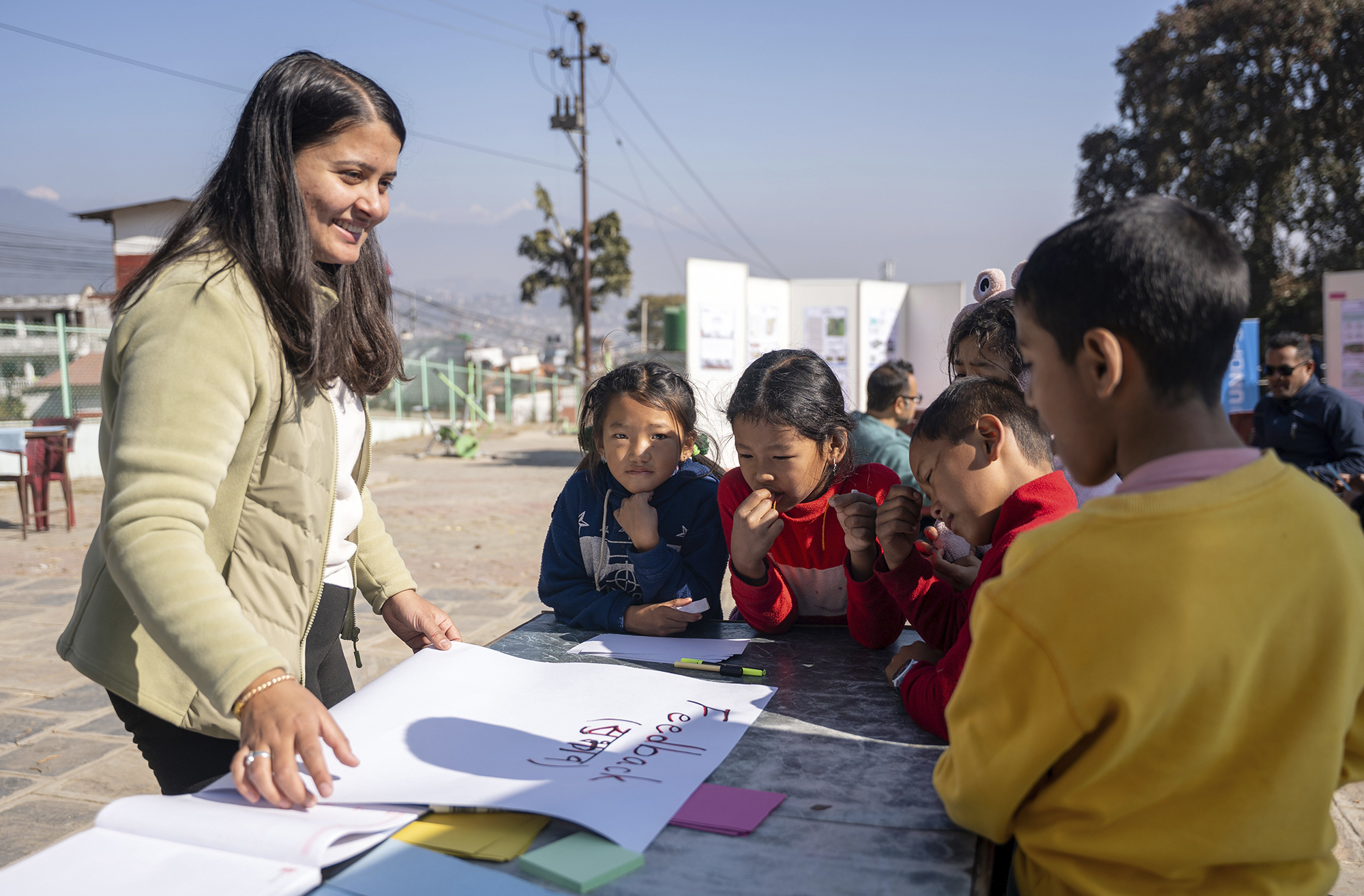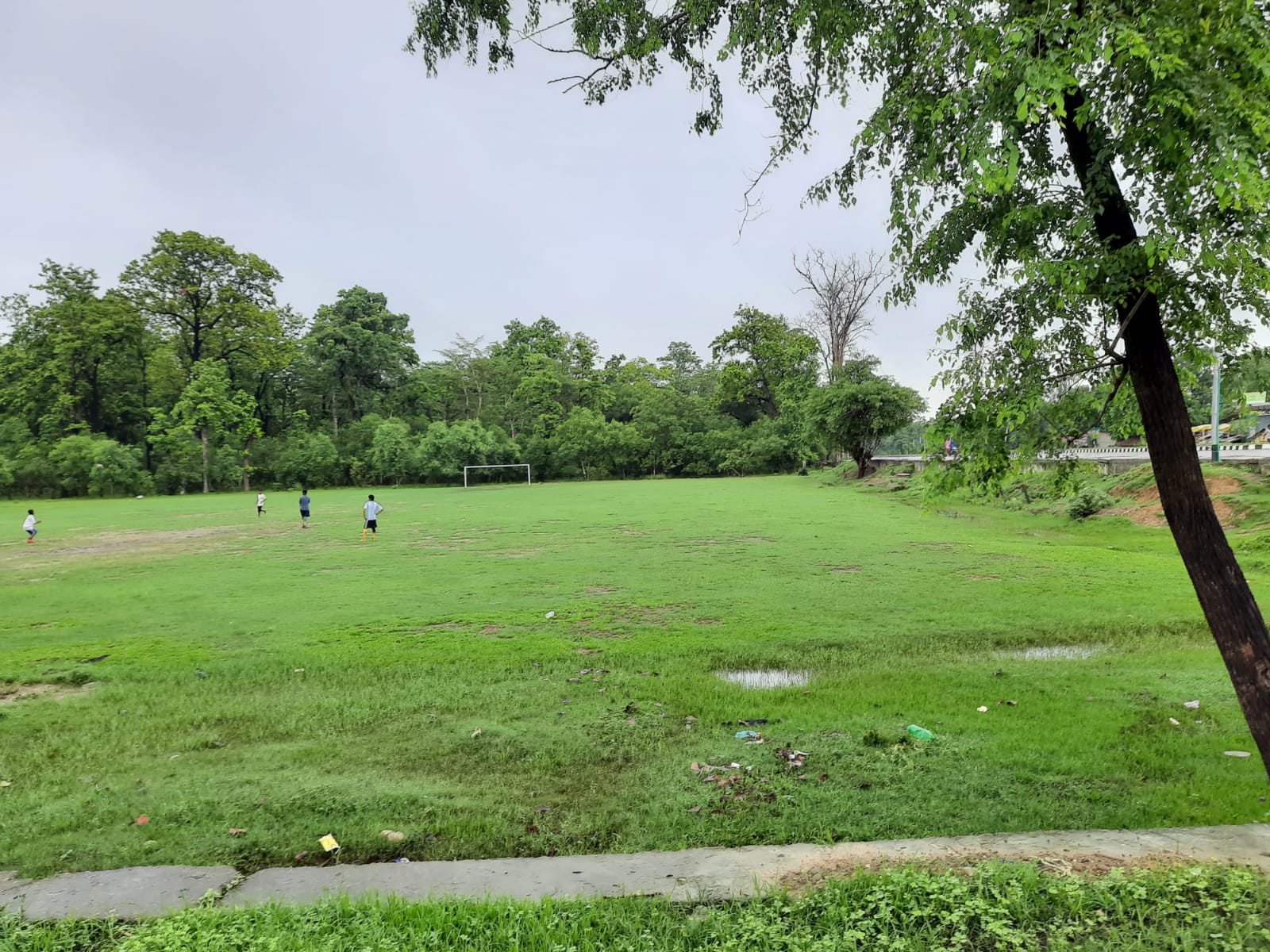[8 December 2016] -- As cities search for new and creative solutions to the challenges they face, they may discover they have been overlooking a resource that was there in growing numbers all along: their youth.
When young people are engaged in their communities, they make important contributions through the programmes they run, the jobs they create, as well as the skills and knowledge they enhance in others. Through their work, youths learn important insights about the policy-related and institutional changes that need to be made to further enhance the lives of their communities.
Through its Catalytic Fund, Cities Alliance has funded a number of grants aimed at promoting innovation in the role of youth in the city. UN-Habitat has a similar programme, but on a considerably larger scale; its Urban Youth Fund has supported 296 youth-led groups in 75 countries since 2009.
In November 2015, Cities Alliance and UN-Habitat decided to co-host a learning exchange event in Johannesburg, South Africa. The event brought together 12 youth-focused projects – six from each organisation – to share their experiences, extract lessons learned, and develop recommendations for engaging youth in development.
It was a unique opportunity for collective learning about the roles of youth in city development, particularly in development efforts led by young people. The key messages of the event and its process have been captured in a new report, Youth and the City.
Key messages include:
1. It is critical for local authorities to create spaces for dialogue and consultation with youth. This strengthens the relationship between community members and local authorities, and can result in the implementation better public policies.
2. It is important to include youth and communities in policy making processes, through active involvement, consultative processes, or both.
3. It is important to integrate youth into existing policy platforms and support their participation, rather than creating separate “youth” platforms through which youth can engage in policy.
4. With the involvement of policymakers in youth projects, and with the involvement of youth in policy, it is important to address the issue of transparency, which they viewed as a responsibility to share information, including information about what decisions are made and how city resources are allocated.
5. The commitment and active involvement of city policy makers in youth programmes and projects is an important factor for the success of youth-led or youth-focused city development projects.
6. Local authorities should create joint funding mechanisms for community-owned projects as a strategy for leveraging what stakeholders are each uniquely positioned to offer, while also building synergies to provide sustainable solutions to existing community needs.
7. Local authorities need to take the informal sector into account as a positive resource for cities. It is a huge part of most countries’ economies, but in many cases, remains an under-utilised resource.
8. National and local authorities must see youth not as problems, but as problem solvers. Young people are experts of their own territories, and local authorities should use (and value) their innovation and expertise in achieving sustainable city development.
The event made clear that young people are finding ways to change their cities for the better. They are innovating and creating change. They are encountering challenges, to be sure, but also finding creative strategies for overcoming those challenges. The more the development community can support their efforts, the better.
“When thinking about policies it’s very important to allow space for youth to participate in the planning, not just in implementation. They should be involved in the first stages, when we are planning cities and development for youth.”
--Cyrille Rolande, Act for the Youth of Yaounde
Related Items
The Cities Alliance Catalytic Fund




